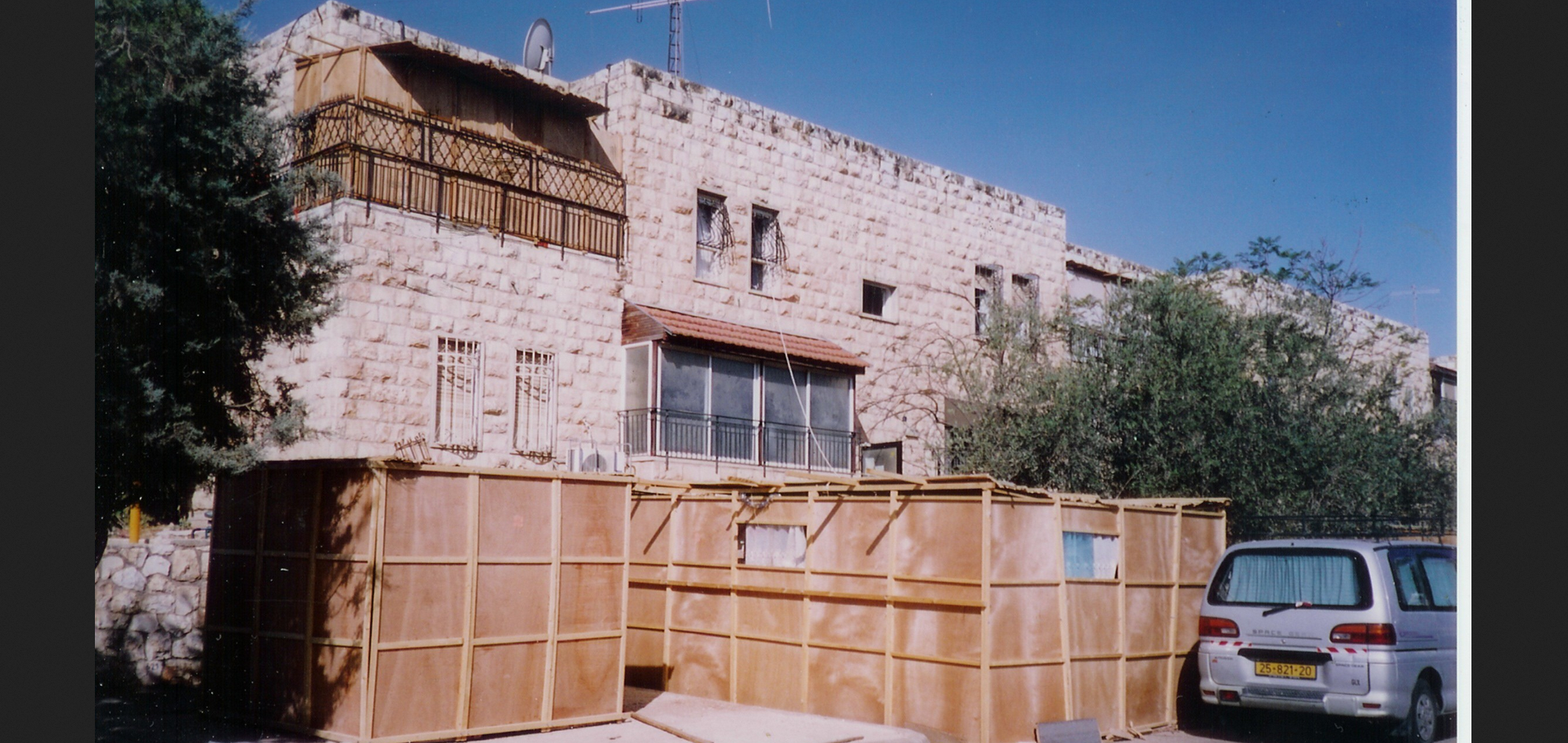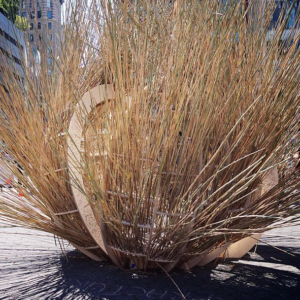
What The Sukkah Can Teach Us About Individuality In Judaism
Succot is here, and there are lots of accompanying laws. This many walls. This many tefachim. This type of roof. Do all the walls need to be complete? What must the roof be made of? So many halachos.
Why all these dictates? Is Jewish Law trying to make sure that we each build the exact same sukkah, like a giant, halachic robot army?
Well, we all know that’s not going to happen. In fact, every sukkah built in my neighborhood this year is both halachic and unique. Even those made using a pre-fab, by the time the decorations are hung, are as distinct and special as the family that builds it. 
Indeed when Sukkah City, a design competition, challenged artists to design sukkot while keeping to halachic parameters, the resulting works were incredibly creative and fantastically unique. There were sukkot of cardboard, spikes and bamboo. One had a log as its roof. Another was crafted with tangled wires. Each artist followed the same halachos that we follow when we build our own sukkot each year, and yet each of the 600+ designs submitted managed to somehow be different from all the others! (Go to www.sukkahcity.com to see pictures.)
So, conformity cannot be the goal of these rules, because if that is their goal, then they have failed spectacularly each and every Sukkot.
In fact Rabbi Beryl Wein, points out that not only is conformity not a Torah goal, it is actually the antithesis of Torah! Twelve tribes exist, he suggests, because it is important for Am Yisroel to include varied personalities. He writes:
“… the Torah here is emphasizing the…difference between unity and conformity. Each of the tribes…bring something different to the table of society… The task of the Jewish people … is to create the unity of spirit and commitment that the Torah represents, without falling into the trap of tyrannical conformity.”
By his thinking, conformity cannot be the goal, because conformity is a trap to avoid! So then: what is the point of having so many rules?
Now you wouldn’t think so, but as an artist, I find rules very necessary. Many have this romantic idea that artists like to be free and unfettered, and able to express themselves without limit. But in fact, one of the most difficult things that someone can ask me to do as an artist is to please, “make a picture of anything.”
Anything? How can I possibly pick from the infinite choice of ANYTHING and figure out what to create? An art direction like that freezes my creativity faster than a cold night in a sukkah with no chicken soup!
But if you ask me to:
-Make art that celebrates Rosh Hashanah
Or
Illustrate a 32-page picture book about tzedaka
Or
Paint a mural that will reflect Jewish ideals
Then I can come up something! Those limits give me a frame to work within, and a goal to work towards.
Albert Einstein felt similarly. Well, the fictional Albert Einstein in Steve Martin’s play Picasso at the Lapin Agile, did. Martin wrote the following scene:
Einstein (indicates a painting by Matisse): What makes it so great?
Sagot: I‘ll show you what makes it great. (He goes to the bar and picks up the Matisse. He takes it out of its frame. He holds up the frame.) This is what makes it great.
Gaston: The frame?
Sagot: The boundaries. The edge. Otherwise, anything goes. You want to see a soccer game where the players can run up into the stands with the ball and order a beer? No. They‘ve got to stay within the boundaries to make it interesting. In the right hands, this little space is as fertile as Eden.
So perhaps the goal of halachos is to help us to use our own creativity to each serve Hashem in our own fashion. Unified of spirit, as Rabbi Wein states, but unique in our path.
… Ul’korban akriv lo ess nafshi, Ess nafshi hayechidah –I will offer [to God] my soul, my own unique soul.
My Sukkah this year is of the pre-fab variety, and decorated with strings of colored lights, projects my kids have made, and some plastic fruit from Michael’s. How is your Sukkah uniquely yours?
If you found this content meaningful and want to help further our mission through our Keter, Makom, and Tikun branches, please consider becoming a Change Maker today.






